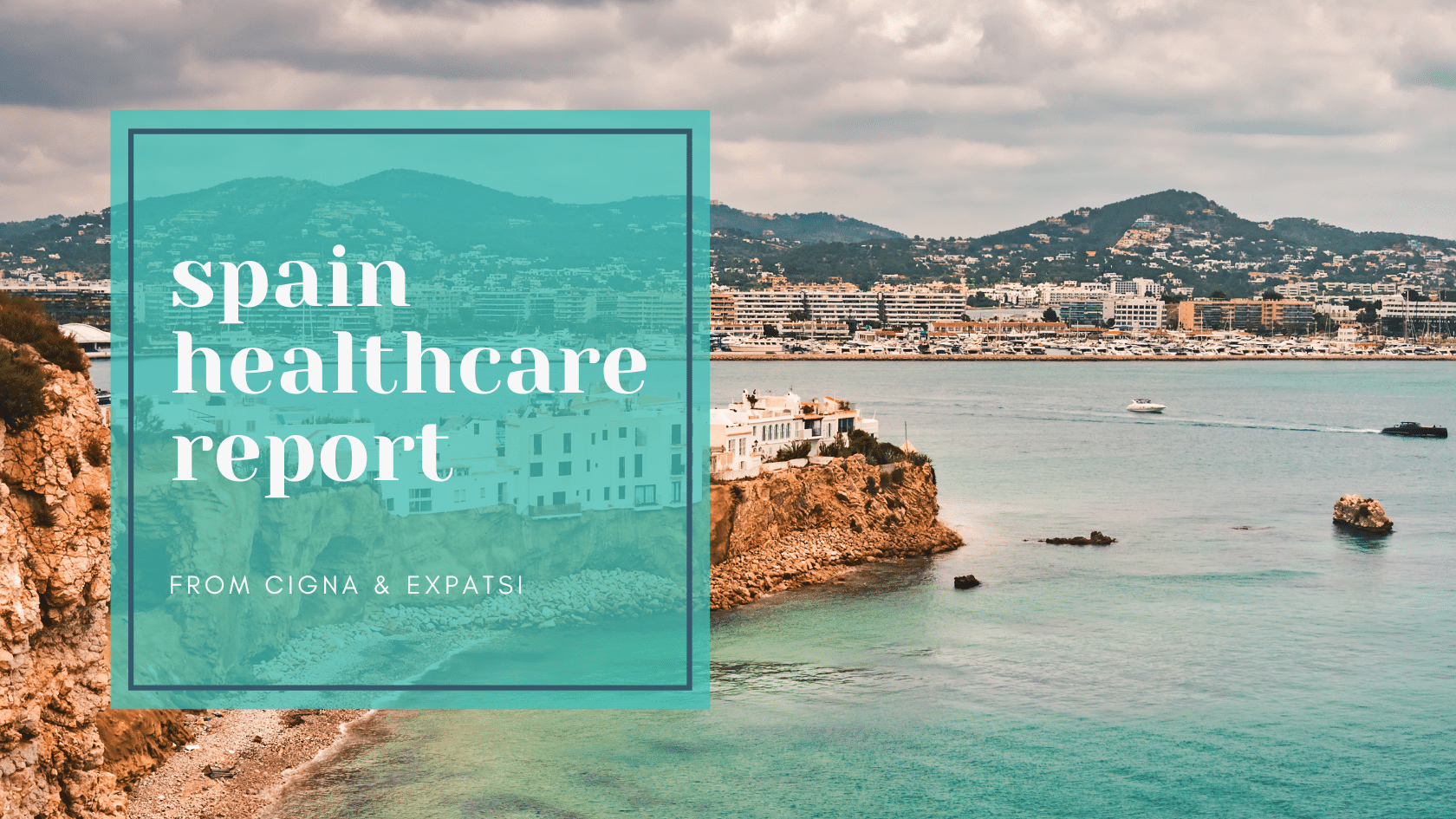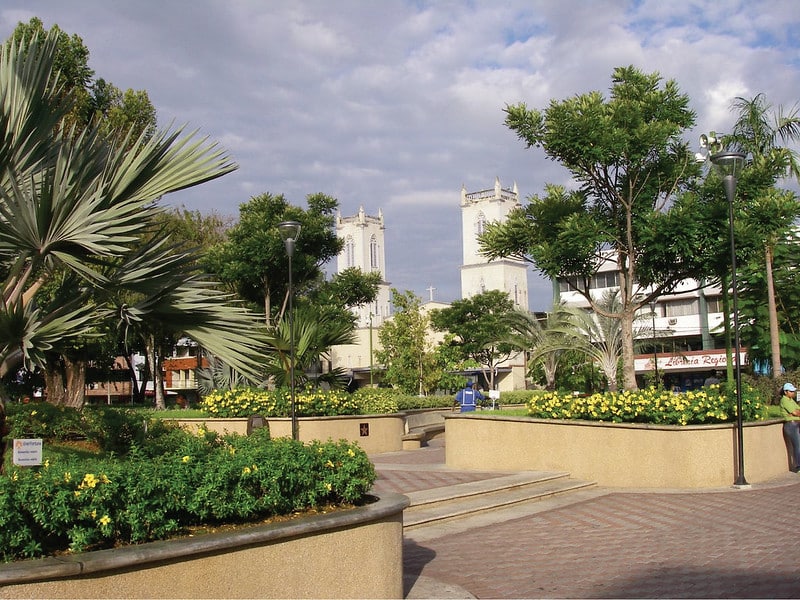Can a U.S. expat qualify for Spain’s public healthcare?
Spain has one of the most innovative and remarkable healthcare systems in Western Europe. With its rich resources, Spain is home to a large number of hospitals and clinics that offer top-notch medical care.
Spain’s public healthcare system gets its funding from taxes and government subsidies. Residents and citizens pay into Seguridad Social, the social security scheme, which pays for near-universal health insurance.
Spain’s population enjoys good quality healthcare, with public health initiatives providing an extra layer of security to those who need it most. Admission into Sistema Nacional de Salud (SNS), Spain’s public healthcare system, can take several months for expats who aren’t employed locally, making private insurance a draw for new residents.
Spain’s healthcare pricing is pretty direct, making out-of-pocket costs relatively easy to predict. As you’ll see in the table below, the public option covers most everyday services. Private insurance may cover the expenses not included within SNS or for those who don’t pay into the public option. Some medications can be purchased at a pharmacy without a prescription, although there are restrictions. Prices are typically lower than what you might find in other countries due to the transparent pricing system, making it more financially feasible for those who are able to purchase their medicine there.
| Full coverage | Partial coverage | No coverage |
|---|---|---|
| Emergency visits | Medicine prescriptions (about 40%) | Dental care (outside of emergencies) |
| Doctor consultations | Prosthetics & wheelchairs | Eyeglasses & optometry |
| Pediatric visits | ||
| Nurse & midwife service | ||
| Inpatient/outpatient care |
For more information on finding a physician, enrolling in the public option and more, click the Get Started button below to download the Spain healthcare report:







